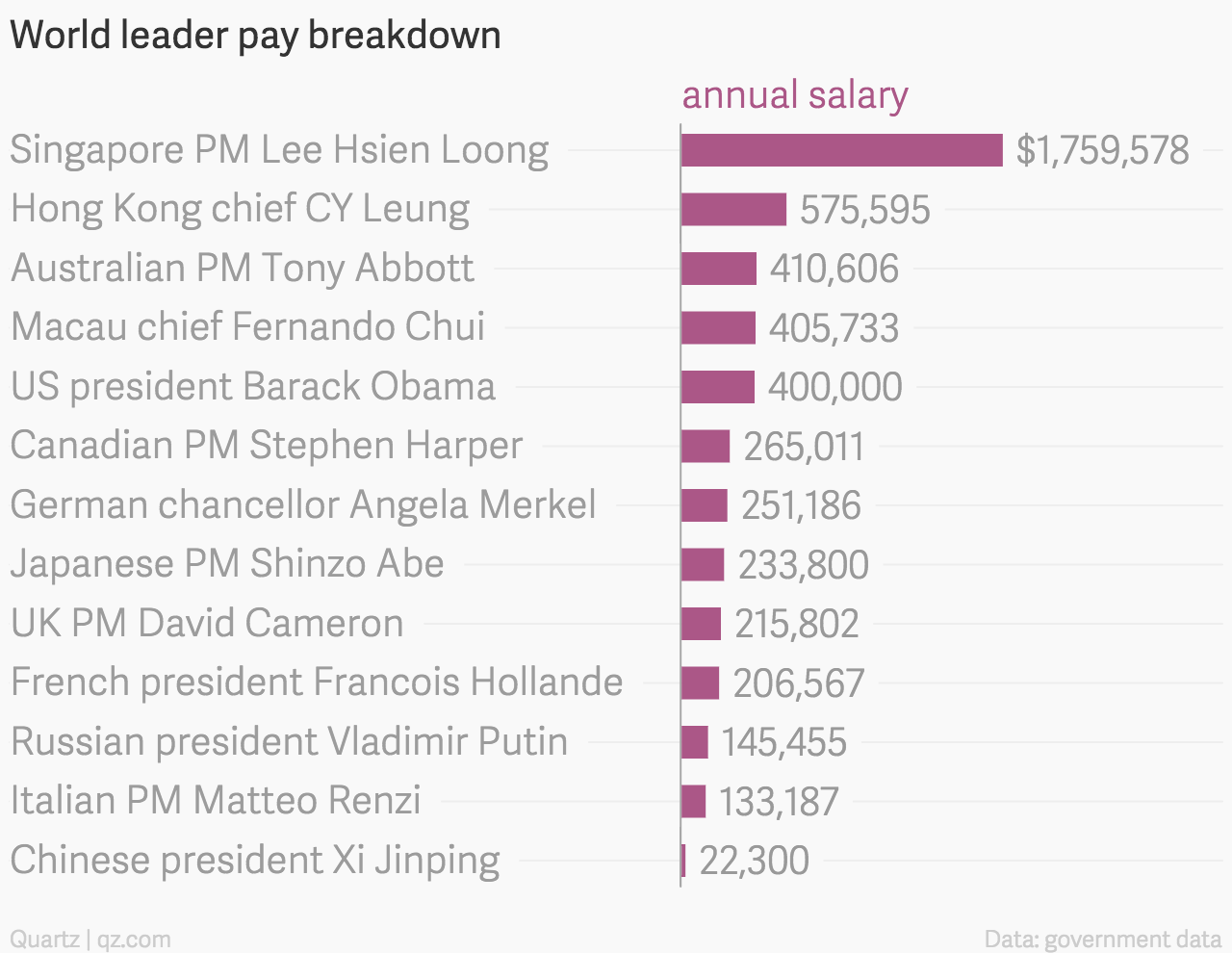If you only intend to trade on an occasional basis, Trading 212 can be a better choice than some brokers who have monthly fees. The Invest account is for traders who wish to purchase stocks and ETFs through the spot market. Unlike with the CFD account, using the invest account means you will own the underlying asset and can even purchase using fractional shares. This service allows you to move money to or from a different broker without any fees being charged by Trading 212.
Is Trading 212 Suitable For Beginners?
However, it’s worth noting that while Trading 212 doesn’t charge for these transfers, you might face fees from other brokers when transferring out of their platforms. Once you’ve found the stock or fund you’d like to invest in, you can click through to it and see all the information you need on what you’re investing into. They cover the past performance of the stock or fund with an easy-to-read and understand graph, along with showing you the history and instrument details with a simple day and year range feature.
Trading 212 is a UK-based trading platform, offering commission-free trading on an extensive range of shares and Exchange Traded Funds (ETFs). With a modern cross-platform experience, Trading 212 operates trading accounts on a zero-commission model and continues to be a leading trading app in the UK since 2016. Lastly, customer service is timely but their knowledge could be improved, we can’t understand how a customer support team for a Forex broker cannot know what a trading platform is.
Other fees
We also have some reservations about its operating practices in recent years, namely its abrupt changes to margin requirements that could have harmed traders. Investors in the UK benefit from protection up to £85,000 in case of broker insolvency, and EU/worldwide clients are covered up to €20,000. Finally, if a customer is unhappy with how Trading 212 has handled a complaint they can pass it on to the Financial Services Ombudsman, which is responsible for solving disputes. To get started, download the app, tap ‘create account,’ and follow the prompts.
Buying stocks
- Trading 212 has a modern, and clutter-free demo platform that allows traders to start trading with practice credits in minutes.
- However, trust in any financial platform should be based on up-to-date information, user reviews, and the platform’s current regulatory status.
- The Trading 212 comes with some useful features for their invest account.
- Its CopyTrader feature and robust educational resources make it particularly appealing for those looking to learn from experienced traders or diversify their portfolios across multiple asset classes.
- The complimentary demo account is a fantastic feature and lets you explore the various platforms and markets in a simulated environment with up to $50,000 in virtual funds.
- Trading 212 operates under licenses from CySEC (Europe), FCA (UK), ASIC (Australia), and the Financial Supervision Commission (Bulgaria).
Some similar brokers you might be interested include Avatrade, Plus500, and eToro. You can also check out our full guide to forex or CFD brokers including lists of brokers available in . The different currency options are beneficial as currency conversion fees do not apply when using an account in your own currency. Trading 212 have a 24/7 customer service team who I found very rapid to respond, usually within seconds. There is also a frequently asked question (FAQ) section on the website that covers many of the most commonly asked questions along with detailed answers.
The intuitive design is a notable advantage, featuring fully customizable tiles and viewpoints. AJ Bell, Hargreaves Lansdown, IG and interactive investor each provide these account types. Of these providers, AJ Bell has the lowest platform fees for smaller portfolios, while IG’s charting tools and comprehensive company analysis could make it a good pick for more advanced traders. We also take an in-depth look at each broker’s commissions and fees, such as bid/ask spreads – including the average spread data for some of the most popular forex currency pairs. We research other trading costs, such as inactivity or custody fees, minimum deposit requirements, VIP rebates and/or discounts, and a range of other important fee-based data points.
To benefit from this interest on uninvested cash in investing accounts, users must opt into the “Earn Interest on Your Cash” program. This involves your money being invested into QMMFs – Qualifying Money Market Funds – which aren’t covered by FSCS protection. If these funds become insolvent, investors could lose that portion of their money. However, it’s important to note that this doesn’t apply to the Cash ISA, where funds are fully FSCS protected. Their platform features easy-to-read graphs and streamlined filters for stocks and funds, catering to investors of all experience levels.
Support
- If you’re drawn to social trading, an extensive asset range, and a community-driven platform, eToro stands out.
- Trading 212 is a commission-free trading app, offering access to around 12,000 shares and ETFs.
- Traders can also speculate on commodity/forex pairs, primarily with major currencies and precious metals.
- For security reasons, you will need to use the same payment method for withdrawal that you have originally used for your deposit.
- Trading 212 holds customer money in a designated bank account, separate from its own funds.
- Withdrawals are generally free of charge, and processing times vary depending on the chosen method.
With this card, you gain access to cashback which varies between 0.5% and 1.5% depending on when you signed up for it, and the cashback is capped at a market-leading £20 a month at the time of this review. However, you don’t own the underlying share here, and https://traderoom.info/is-trading212-a-reliable-brokerage-firm/ CFDs are very risky. In Trading 212’s own words, 78% of retail investor accounts lose money when trading CFDs on their site. Trading 212’s Cash ISA is a glorified savings account, which offers a generous interest rate of 5.2% at the time of this review, which is the highest on the market. Trading 212 offers the easy ability to invest in stocks, commodities, ETFs and more via their “Invest” account.
I think that they could improve by providing educational content other than videos and some more trading tools. Trading 212 stands out for its user-friendly platform, especially for those new to trading. I’ve found that its mobile app and web interface are intuitively designed, making it easy for beginners to navigate. However, despite its simplicity, Trading 212 falls short when it comes to offering the advanced tools and research features that experienced traders expect. The lack of robust analysis tools and limited educational content are notable drawbacks for those seeking more depth in their trading platform. However, some users report longer customer service response times during busy periods and occasional platform downtime during high market volatility.
Each pie is a globally diversified fund, offered by major fund managers, BlackRock or WisdomTree. It also offers fractional share ownership, meaning customers can buy a portion of a full share. You should always check with the product provider to ensure that information provided is the most up to date.
Trading 212 offers a focused but somewhat limited product range, including over 10,000 stocks from major global exchanges, a wide range of ETFs, and CFDs on stocks, indices, forex and commodities. The platform lacks more complex products like options, bonds, futures, and cryptocurrencies which may disappoint advanced traders. They offer free investing within a Stocks and Shares ISA, no minimum deposit, zero trading platform and withdrawal fees, and a low 0.15% FX fee on Invest and Stocks and Shares ISA accounts.
He heads research for all U.S.-based brokerages on StockBrokers.com and is respected by executives as the leading expert covering the online broker industry. Blain’s insights have been featured in the New York Times, Wall Street Journal, Forbes, and the Chicago Tribune, among other media outlets. Trading 212 makes money by collecting overnight interest fees and profiting on the spread for CFDs. It also engages in share lending, earning interest and passing 50% of it to the user. These revenue streams allow Trading 212 to otherwise be a zero-commission broker offering low or zero fees. Trading 212 offers traders CFDs on 29 commodities, 36 indices, over 8,000 shares, and 184 forex pairs, alongside access to exchange-traded securities such as fractional shares.



